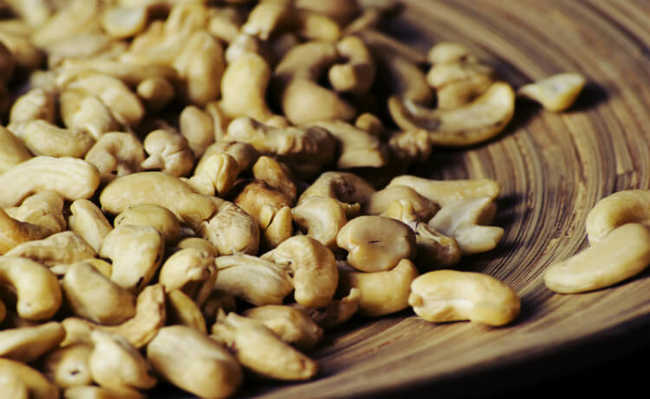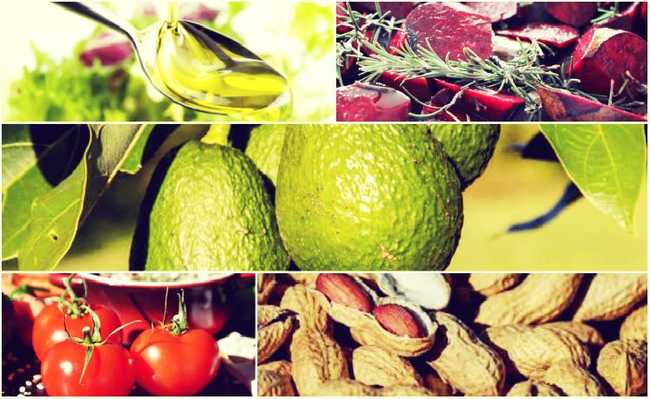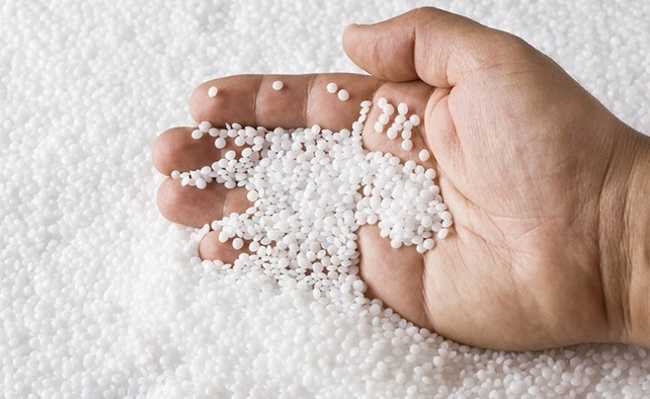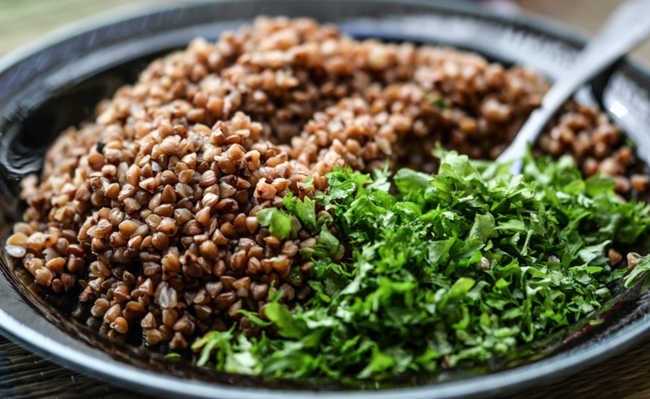Cashew nuts: benefits, properties and risks
Cashew nut benefits include improved nutrient transport, heart and bone health, and reduced bad cholesterol

The cashew tree is a tree native to northeastern Brazil that can reach up to ten meters in height. It produces a fruit (the cashew nut) and a well-known pseudo-fruit (the cashew). Both cashews and cashews contain several properties that offer health benefits. As we mentioned in the article "See the benefits that delicious oilseeds can provide", oilseeds may be small, but they carry within them a large number of beneficial nutrients. Cashew nuts are one of them. Learn more about this nut whose moderate consumption not only does not make you fat but also helps to improve the transport of oxygen throughout the body and bone health, among other benefits.
Cashew Nut Components
unsaturated fats
As an oilseed, cashew nuts have monounsaturated and polyunsaturated fats, which are known to help control cholesterol levels, reducing LDL (bad cholesterol) and increasing HDL (good cholesterol). In addition, unsaturated fats are able to reduce triglycerides in the body - they are the fats present in the body used to provide energy. When in excess, triglycerides are stored in adipose tissue as an energy reserve and become known as "fats".
By lowering triglycerides and controlling cholesterol, these monounsaturated and polyunsaturated fats found in cashew nuts help to improve heart health and blood circulation. To better understand how unsaturated fat works, check out the article "Saturated, unsaturated and trans fats: what are the differences and risks?".
mineral salts
Cashew nuts have many essential mineral salts, including:- Copper: is linked to various body functions. Along with iron, it helps in the production of hemoglobin and oxygen transport; helps maintain healthy bones, blood vessels and immune system;
- Calcium: one of the most important minerals in the human body, it helps maintain healthy bones and teeth, as well as aiding in neuromuscular functions along with potassium and magnesium;
- Magnesium: is present in over 300 biochemical reactions in the body. Helps in the maintenance of neuromuscular functions, in the immune system, in the production of energy and protein. To learn more, see the article "Know the importance of eating foods rich in magnesium";
- Iron: essential in the production of hemoglobin and aids in oxygen transport. Discover other foods rich in iron;
- Phosphorus: its main function is bone formation. It plays an important role in how the body uses carbohydrates and fats, and assists in the energy production process;
- Potassium: is a type of electrolyte that helps to regulate the amount of fluid in the body, in addition to being important for the growth of the body, muscles and carbohydrate breakdown;
- Zinc: It is necessary for the immune system to function. Important in cell division and growth, wound healing and carbohydrate breakdown.
Vitamins
- Vitamin C: used in the production of skin, tendons, ligaments and blood vessels; aids in healing, repair and maintenance of cartilage and aids in iron absorption. Also, it is an antioxidant;
- B-complex vitamins (B1, B2, B3, B6 and B9): help in energy production, cardiovascular function and the nervous system. They play an important role in maintaining healthy skin, digestive system and brain function, in addition to synthesizing antibodies;
- Vitamin E: is an antioxidant, keeps the immune system strong against viruses and bacteria. Helps the body use vitamin K;
- Vitamin K: has anti-hemorrhagic action. Many newborns are low on vitamins and receive an injection of this vitamin at birth. Those with little vitamin K in their bodies can bleed too much.
Cashew Nut Benefits
In short, cashew nuts have antioxidants, substances that fight free radicals that, when in excess, can oxidize healthy cells (to learn more about antioxidants, see the article "What are antioxidants? See which foods are rich in these substances and understand why it is important to consume them").
In addition, cashew nuts have substances that provide benefits, such as facilitating the transport of oxygen and nutrients; improved heart and bone health, reduced bad cholesterol and increased good cholesterol, improved immune system, neuromuscular function and increased energy. In addition to containing many vitamins and minerals.
- Vitamins: types, needs and times of intake
- Vitamin Deficiency: Learn about nutrients that can help you have a healthier diet
care
Make sure the cashew nut you are eating is not raw or under-roasted! In these states, it can be toxic due to the presence of urushiol, a substance that, in small concentrations, can cause inflammation of the skin, but in higher concentrations it can be lethal. The consumption of roasted cashew nuts, however, not only brings all the benefits mentioned as not fattening - but remember to consume them in moderation, as it is an oilseed.










